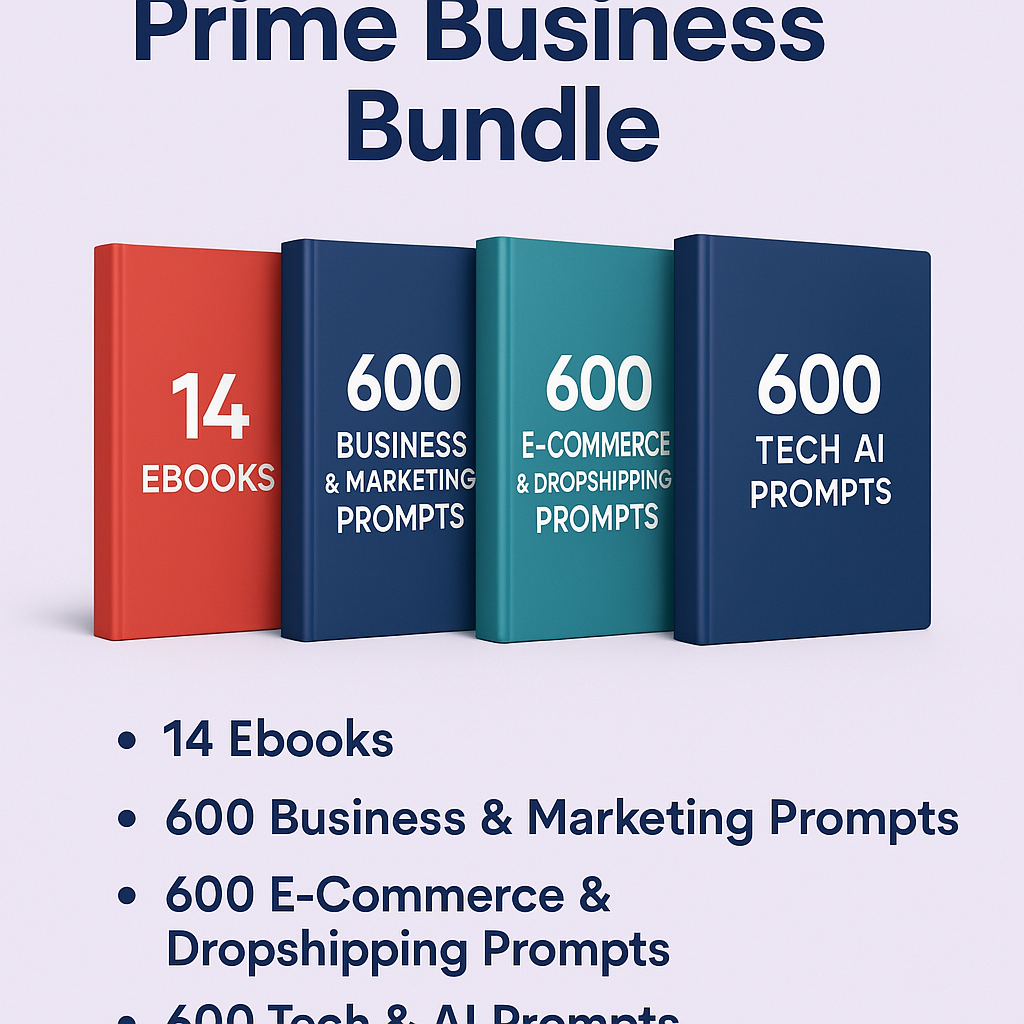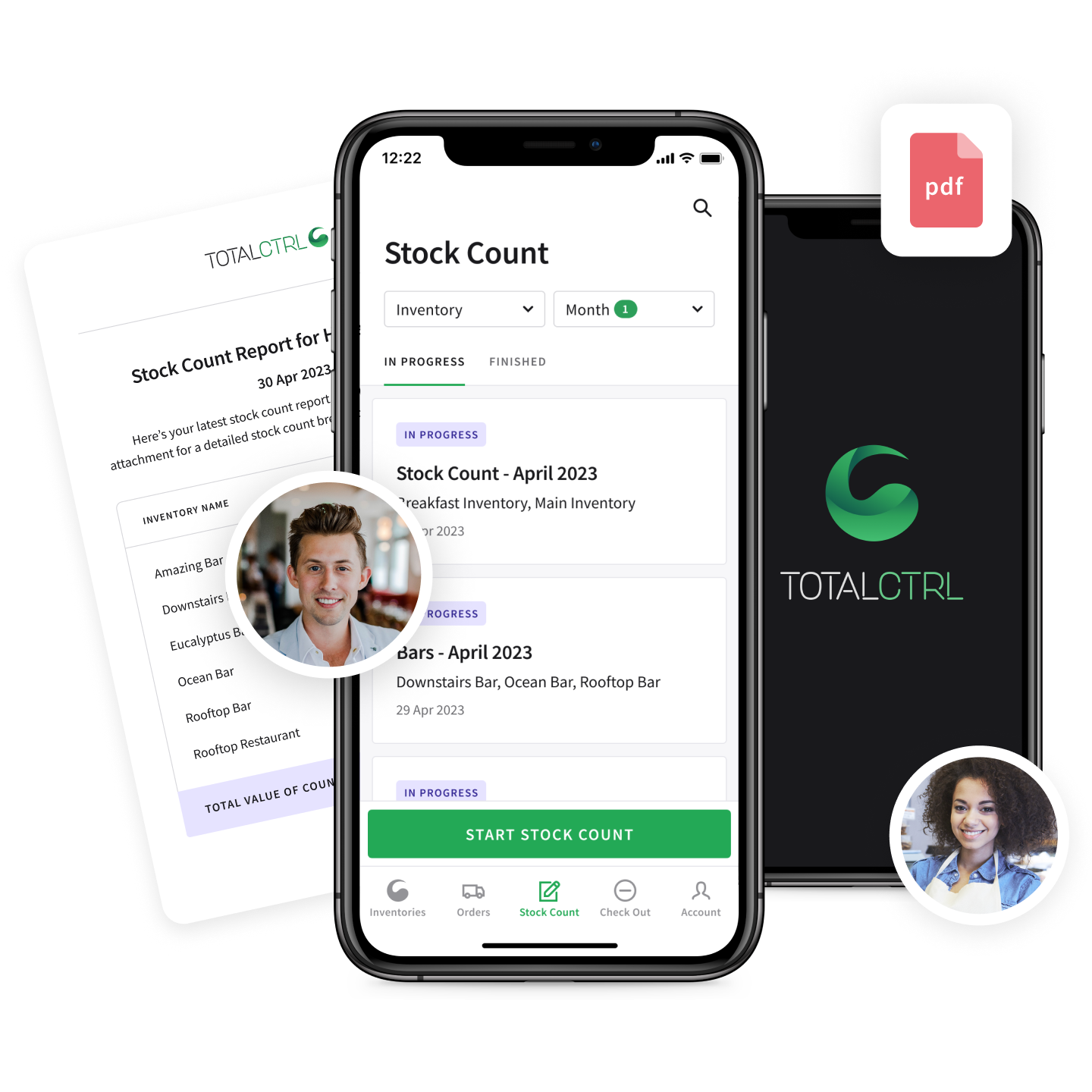Finding a literary agent is one of the most important steps for writers seeking traditional publishing. A good literary agent not only helps you get your book in front of major publishers, but also guides your career, negotiates your contracts, and protects your legal and financial interests. However, getting an agent is highly competitive, and the process requires research, preparation, patience, and professionalism.
This comprehensive guide outlines how to find the right literary agent for your work—from identifying agents who represent your genre to crafting a compelling query letter, tracking submissions, and ultimately securing representation.
1. Understand What Literary Agents Do
Before beginning your search, understand the role of a literary agent. They:
-
Represent your book to publishers (especially those that don’t accept unagented submissions)
-
Negotiate publishing contracts, advances, and royalties
-
Provide editorial feedback to strengthen your manuscript
-
Sell subsidiary rights (e.g., foreign, film, audio)
-
Help plan and guide your long-term writing career
They work on commission—typically 15% of your earnings—and only get paid when you do.
2. Make Sure Your Manuscript Is Submission-Ready
Agents are looking for polished, market-ready manuscripts. Don’t query agents until:
-
Fiction: Your manuscript is completed, revised, and proofread
-
Nonfiction: You have a compelling proposal and sample chapters
-
You’ve received feedback from beta readers, critique partners, or editors
-
Your manuscript fits within a clear genre with commercial potential
Submissions that aren’t fully ready are almost always rejected.
3. Identify Your Genre and Market
Agents specialize in different genres. Some focus on commercial fiction, others on literary fiction, romance, fantasy, or nonfiction. Knowing your genre, target audience, and market position will help you find the right agents.
For example:
-
A memoir about overcoming trauma should go to agents who represent narrative nonfiction.
-
A fantasy epic belongs with agents looking for speculative fiction.
-
A children’s picture book needs someone who handles illustrated titles.
Clearly defining your book makes it easier to match with the right agent.
4. Use Reputable Resources to Research Agents
There are many tools to find literary agents who are open to submissions in your genre. Reputable sources include:
A) QueryTracker.net
-
Comprehensive database of agents
-
Sort by genre, country, agency, and submission status
-
Track your queries and view response statistics
B) Manuscript Wish List (MSWL)
-
Agents list what they’re currently looking for
-
Search by genre, theme, and category
-
Great for finding agents interested in specific topics
C) Publisher’s Marketplace
-
Subscription-based ($25/month)
-
Shows deal reports: what agents have sold, to whom, and for how much
-
Helps you assess an agent’s track record
D) Poets & Writers
-
Free searchable agent database
-
Useful for literary fiction, poetry, and memoir authors
E) Writers’ & Artists’ Yearbook (UK-based)
-
Available in print and online
-
Focuses on UK agents and publishers
F) Writer’s Market (U.S.)
-
Detailed listings of agents, their submission guidelines, and genres
You can also:
-
Look in the acknowledgments of books like yours to see which agents authors thank
-
Follow agents on X (Twitter), LinkedIn, or professional blogs
5. Create a Target List of Agents
Build a list of 15–30 agents who:
-
Represent your genre
-
Are accepting submissions (check their status—some are closed)
-
Have a history of selling to reputable publishers
-
Have a good reputation in the industry
Avoid agents who:
-
Charge reading or editing fees (these are red flags)
-
Lack a verifiable sales record
-
Are not affiliated with any publishing deals or agencies
A professional, established agent works on commission only and has a track record of placing books with recognized publishers.
6. Read Submission Guidelines Carefully
Every agent or agency has specific submission guidelines. They typically ask for:
-
A query letter
-
A synopsis (1–2 pages, summarizing the full story including the ending)
-
The first pages or chapters of your manuscript
-
For nonfiction: a book proposal and sample chapters
Some agents prefer:
-
Email submissions with specific subject lines
-
Submissions through online forms like QueryManager or Submittable
-
Attachments in certain formats (usually Word documents)
Do not deviate from their guidelines. Failure to follow them may result in an automatic rejection.
7. Write a Strong Query Letter
The query letter is your first impression. It must be professional, brief (1 page), and compelling.
Include:
-
A Hook: One or two sentences to grab attention.
-
Book Description: A brief pitch that explains the premise, genre, word count, and stakes.
-
Comparables: Books similar to yours that help agents understand your target market.
-
Author Bio: A short paragraph about you—your writing experience, platform, relevant credentials.
-
Contact Info: Your name, email, phone (optional), location (optional).
Example opening:
"When her sister vanishes from a rural Kenyan village, 17-year-old Aisha must unearth her family's hidden past to rescue her before it's too late."
Keep the tone professional and avoid gimmicks.
8. Send Queries Strategically
You don’t need to query all agents at once. Start with 5–10 agents from your top list. Wait for responses before sending more. This gives you time to:
-
Adjust your query based on feedback
-
Track which versions get better responses
-
Avoid burning through all your options at once
Keep submissions organized using:
-
QueryTracker
-
A spreadsheet (include agent name, agency, submission date, response, notes)
Typical response times:
-
2–12 weeks for queries
-
Longer for full manuscript requests
-
Some agents don’t reply unless interested
9. Respond to Requests and Offers Professionally
If an agent asks for:
-
A partial: They want to see a portion of the manuscript (usually 50 pages)
-
A full: They want the entire manuscript
If an agent offers representation:
-
Ask for time to notify other agents
-
Inform all agents who have your query or manuscript that you’ve received an offer
-
Schedule calls with interested agents
-
Ask questions about their experience, communication style, vision for your book, and editorial approach
Choose the agent who aligns best with your goals—not necessarily the one who responded first.
10. Avoid Scams and Predatory “Agents”
A real agent:
-
Never charges upfront fees
-
Works on commission only
-
Has a visible track record of sales
-
Belongs to reputable organizations (e.g., AALA in the U.S.)
Check red flags using:
-
Writer Beware (https://writerbeware.blog)
-
Predators & Editors (archived resource)
-
Google and writing community forums
Do not trust anyone who asks for:
-
Payment before reading your work
-
Mandatory editing services through their contacts
-
“Publishing packages” for a fee
11. What to Do If You Don’t Get an Agent
If your queries are not resulting in requests:
-
Reevaluate your query letter, synopsis, and first pages
-
Get feedback from writers’ groups, critique partners, or editors
-
Consider revising your manuscript
Alternative paths:
-
Submit directly to small or independent publishers that accept unagented work
-
Enter writing contests with publication prizes
-
Self-publish and build a platform that may later attract agents
Rejection is part of the process—even top authors were rejected dozens or hundreds of times.
12. Keep Writing New Projects
Many authors land an agent not with their first book, but with their second or third. While querying:
-
Keep writing your next book
-
Continue improving your craft
-
Stay engaged with the writing community
Agents want authors with long-term potential, not just one book.
Conclusion
Finding a literary agent is a detailed and often time-consuming process—but it's one of the most important steps in a traditional publishing career. A literary agent opens doors to top publishers, manages your rights and contracts, and helps you build a sustainable, professional writing path.
To find the right agent, you must:
-
Have a finished and polished manuscript or proposal
-
Do targeted research using reputable platforms
-
Write a compelling query letter
-
Follow submission guidelines carefully
-
Stay organized, persistent, and professional throughout the process
If you're serious about being traditionally published, investing time and effort into finding a great agent can be the turning point between a manuscript that never leaves your desk and a published book on store shelves worldwide.


















0 comments:
Post a Comment
We value your voice! Drop a comment to share your thoughts, ask a question, or start a meaningful discussion. Be kind, be respectful, and let’s chat!